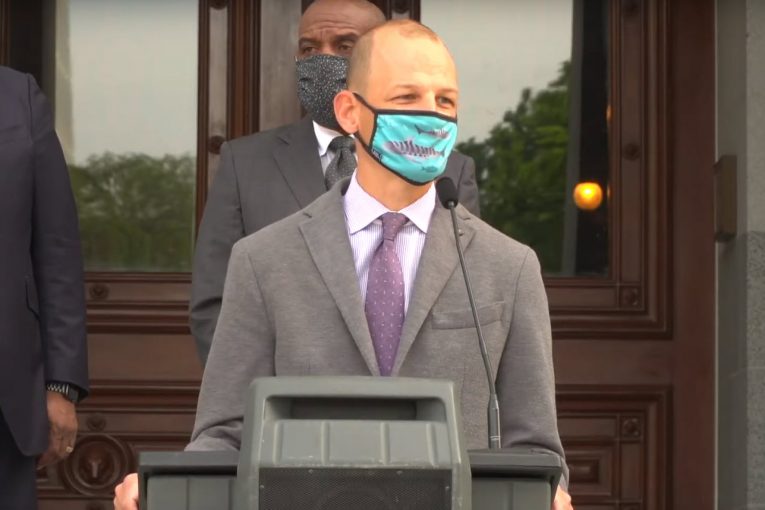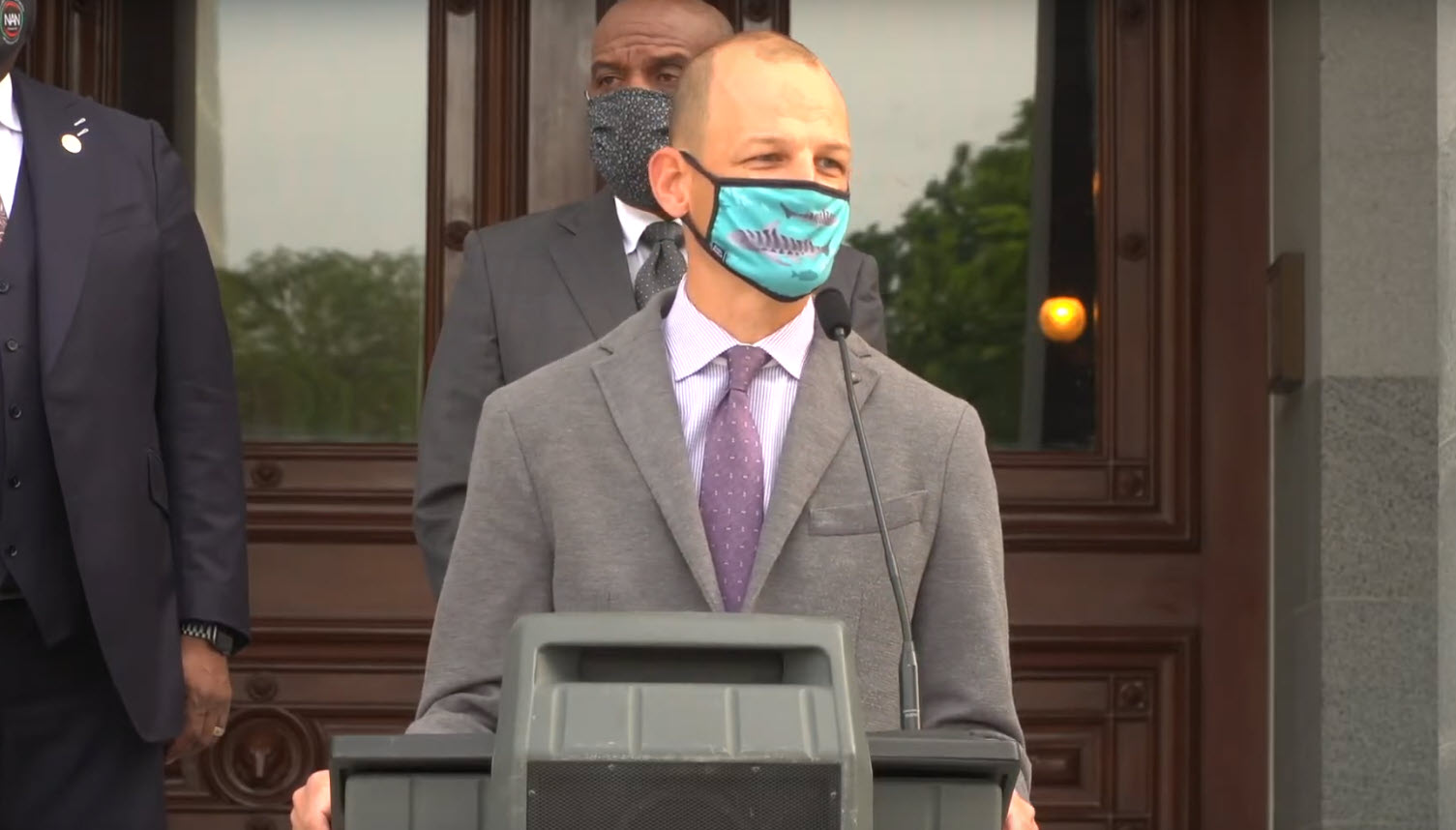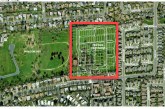

by Robert J. Hansen
A bill aimed at reducing the potential for unconscious bias in the criminal justice system passed the California State Assembly yesterday by a vote of 72-0.
AB 2778 or the “Race-Blind Charging” bill would require the Department of Justice to develop and publish “Race-Blind Charging” guidelines beginning in January 2024, whereby all prosecuting agencies, as specified, implement a process to review a case for charging based on information, from which all means of identifying the race of the suspect, victim, or witness have been removed or redacted.
The bill, authored by Assemblymember Kevin McCarty, was modeled after the Yolo County District Attorney’s Race Blind Charging program, which began May 2021.
“We’ve seen it time and time again where a person of color is given a harsher punishment for the same crime a non-person of color commits,” McCarty said. Creating a system where a person’s race is unknown during the time of initial charging is imperative. It is long past time we start addressing the issue of punishing a person based on the crime and not the color of their skin.”
#CALeg Update!
11 of my bills passed out of the Assembly Appropriations Cmte today!
Read 👇🏽 on which bills & how they’ll help Californians! pic.twitter.com/UbE4ofqG7N
— Asm. Kevin McCarty (@AsmKevinMcCarty) May 20, 2022
In 2019, the San Francisco District Attorney’s Office announced it was going to employ a computer software program designed by Stanford University to engage in race-blind charging, according to the Assembly Committee on Public Safety.
The program automatically redacts information in police reports that identify an individual’s race.
Ultimately, the study from Stanford found that redacting race did not substantially alter overall charging rates, and that race-specific charging rates were similar for  redacted and unredacted case files.
redacted and unredacted case files.
The program follows trends in academia and science where evaluators are “blinded” to certain facts in order to add confidence to outcomes.
Attorney General Bonta met with Yolo County DA Jeff Reisig in January 2022 and decided to take the program to all DAs in the state.
“The partnership between my office, the Attorney General, District Attorneys’ offices across the state, and the Stanford Computation Lab has been amazing. I am proud of the state of California for being a trailblazer on this issue,” Reisig said.
In an effort to increase community confidence in the charging process, and to reduce the potential for unconscious bias, some district attorney offices employ a method whereby reports received from the police are stripped of all data from which the race of the suspect may be determined so that at least the initial charging assessment of the case is done “race blind.”
“While the road to race blind charging had its challenges, we feel we have now ‘paved the way’ and removed operational obstacles for other offices to do the same,” Reisig said. “AB 2778 would help decrease the specter of racial bias in one of its most prominent places in the criminal justice system, the initial charging assessment. By stripping police reports of all race-related data of the suspect, victim, or witness, it reduces the potential for unconscious bias and increases community confidence in the charging process by having the initial charging assessment done ‘race-blind.’”
The costs of implementing the legislation is $559,000 in 2022-23, $984,000 in 2023-24 and approximately $3 million annually in additional DOJ staff and infrastructure to develop and publish race-blind charging guidelines and implement a process to review cases for charging according to the Assembly Fiscal Committee.
Before the bill can be sent to Governor Gavin Newsom’s desk to be signed into law, AB 2778 needs to be passed by the State Senate and will next be heard in the Senate Public Safety Committee.






